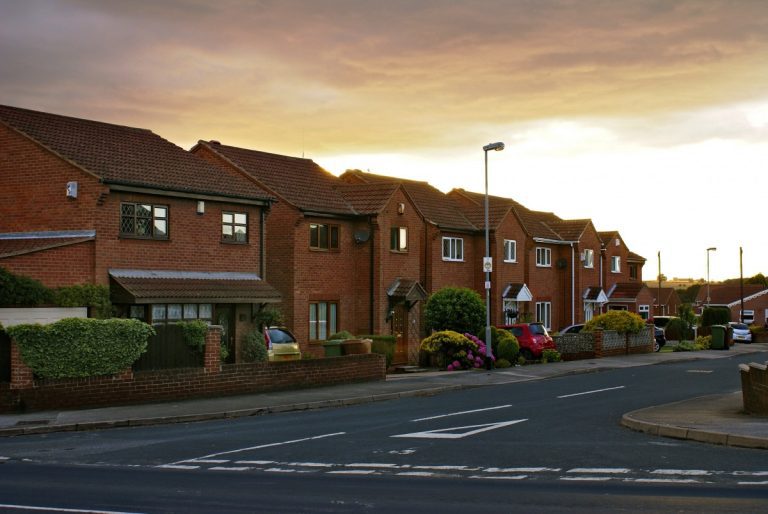Given the way the government promotes it and how columnists fret about the plight of Generation Rent—the cohort of young people who may never be able to buy property—you’d think home ownership was a financial golden ticket, along with a path away from beige walls and landlords who object to cats and framed art. And indeed, in 2018 Santander Mortgage found that owning a home is cheaper than renting in every part of the country. Prospective buyers could save £2,268 a year if they got out of rented accommodation and into their first home. But that’s only part of the equation: first, new buyers also need to accumulate an average deposit of £51,9052 to get on the property ladder. But those who do manage to buy, benefit from average mortgage of £723 across the country, while monthly rents have recently reached an average of £912. In London the contrast is even higher: the average monthly rent is £289 more the average monthly mortgage payment, saving buyers nearly £3,500 a year. But to access those savings, you’ll need to be very patient, or lucky and independently wealthy: first time buyers in the capital need an average deposit of £135,000. Ideally, you’ll also someday recoup those monthly mortgage payments, when you sell up and use the accumulated equity as a deposit for a subsequent property, or as a nest egg for retirement. And with the general trend of property prices in the UK—up and up and up—you should also be able to turn a healthy profit, provided you hold out while the market shivers through Brexit. And indeed, one of the largest complaints of long-term renters is that they’re “paying someone else’s mortgage,” subsidising their landlord’s investment in the property market So mortgage payments are lower than comparable rent and homeownership can deliver a lucrative return, but that’s not the end of the story, or the maths. Buying a home is a significant financial investment, one that requires not just a hefty deposit but also a commitment to an area and to all those pesky repairs a landlord would otherwise handle. And it isn’t the right financial choice for everyone. Before you compare mortgages and start planning your kitchen renovation, let’s take a closer look at the reasons renting might be more cost-effective or simply more practical for you, at least in the short-term: Your life situations are in flux: If you’re young and not yet committed to an occupation, a city, or a partner, it might not make sense to put down roots and purchase property. A compelling job offer in another city, or a breakup, might dramatically alter your life. And if you own a property, picking up the stakes and relocating to another city for that postgraduate degree or new boyfriend isn’t as easy as if you rent. It can take months to find the right buyer for a property and even longer for the purchase to go through and keys and funds to be exchanged. You’re single: Home ownership is much more attainable if you have two incomes and can obtain a joint mortgage. Conversely, be cautious about getting a joint mortgage and purchasing a property with someone you aren’t fully committed to, whether they’re a partner or a friend, as exiting a joint mortgage is tricky and expensive, and often requires the sale of the property, or one owner buying out the other. You don’t have the money for the other expenses of purchasing a home: It’s not just the deposit you need when buying a home. You’ll also need to pay mortgage fees, stamp duty, solicitor’s charges, and valuation fees—costs that themselves well exceed the deposit required for a rented property. These peripheral costs of purchasing a home, and all the time and paperwork it requires, mean it isn’t sensible to buy a home unless you’re planning on living in it for a number of years. You’re not ready to take on the financial and practical commitments of home ownership: If you rent, your landlord is legally obligated to keep the property safe and inhabitable and will arrange and pay for any repairs, ideally promptly. If you’re the homeowner, the buck stops with you. Does your home need a new boiler? That’ll be at least £1,500. New roof? Another £5,000—and you have to find, vet, and wait in for the contractors. If you’re looking to buy a property, you can’t spend all your cash on the deposit: you’ll also need savings to tackle those unexpected expenses and repairs, especially those caused by simple wear and tear and age that won’t be covered by your buildings insurance (which, as property owner, you’ll need, so add that to your tab).






